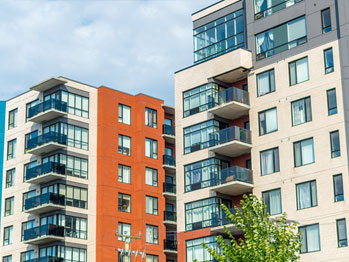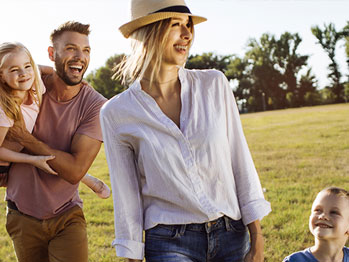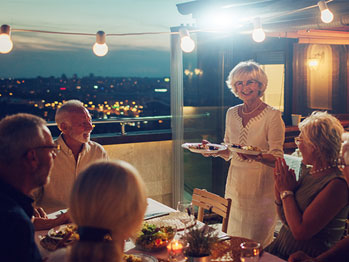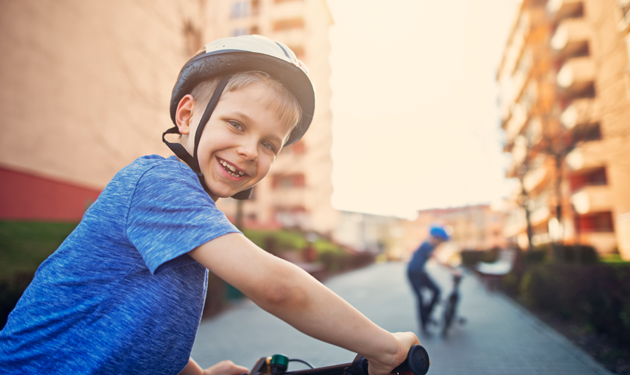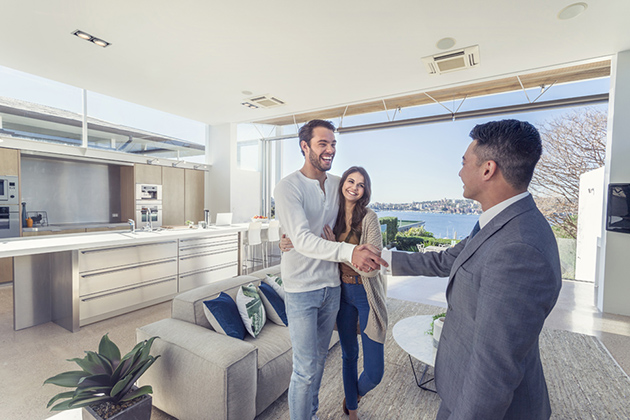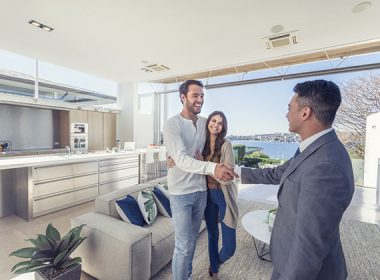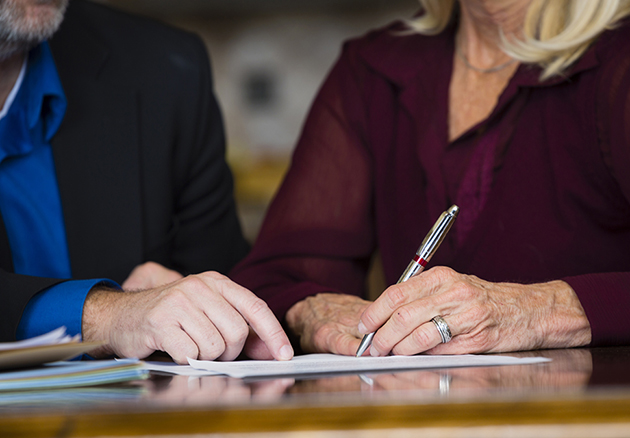
The battle to entice children away from their screens and into more active pursuits is a battle being faced by parents across in strata communities across Australia.
There are many different reasons why parents choose to raise their family in an apartment.
And it seems increasing numbers of us are choosing to do so. According to 2016 Census data, between 2011 and 2016, the number of families with children living in apartments increased by 56% nationally.
Colloquially referred to as “the generation without grass” some parents choose to live in apartments with their family because it represents their first step onto the property ladder, some do it because they can’t afford to buy elsewhere while others still prefer it because they like the idea of trading a family home in suburbia for the thrill of an inner city lifestyle.
But whatever the motivation for choosing a strata titled property over a freestanding home, parents on all sides of the equation face the same battle when it comes to limiting the amount of screen time their children are exposed to.A 2015 report from the Australian Institute of Family Studies showed that the majority of Australian children are spending more than the recommended two-hour daily limit for screen time with that time primarily used to watch television, on computers and playing electronic games.
The study found that at four to five years old, children averaged more than two hours screen time per week-day but by 12–13 years old, this had increased to more than three hours average per week-day and almost four hours per weekend day. This means that up to 30% of a child’s waking time is spent in front of a screen.
The study found that children who engage in physical activities that they enjoy tended to also spend less time in front of screens.
Speaking in an interview with property marketing group Domain late last year, child psychologist Dr Kimberley O’Brien of The Quirky Kid Clinic, claimed having time outside was “absolutely essential” to children’s physical and psychological wellbeing.
In addition, those who are deprived of outdoor time frequently developed at a different rate to their peers, she said.
Having worked in youth male detention centres in both Australia and Scotland Dr O’Brien claimed that boys within the centre did not spend much time outside and as a result there was more aggression and many more cases of staff being attacked and boys trying to escape than would be typically expected.
“In Australia, when the boys had outdoor time for five to six hours a day playing sport, they just transformed from these neglected, underweight kids to super sporty, healthy-looking boys. There is so much value to outdoor time.”
Dr O’Brien said it was therefore essential that all parents of children being raised in strata complexes made a conscious effort to give them the outdoor space they need to allow them to engage with nature, socialise with other kids and develop socially, emotionally and physically,” she says.
The same is true of adults with researchers at the University of Queensland finding that a mere 30 minutes spent in green spaces every week was enough to reduce depression by 7% and high blood pressure by 9%.
“The benefit of living in an apartment is that parents do have access to parks nearby or, in some cases, being near a beach. Living in an apartment means outdoor space is often nearby, and it’s just as important that [the] space is used.”
